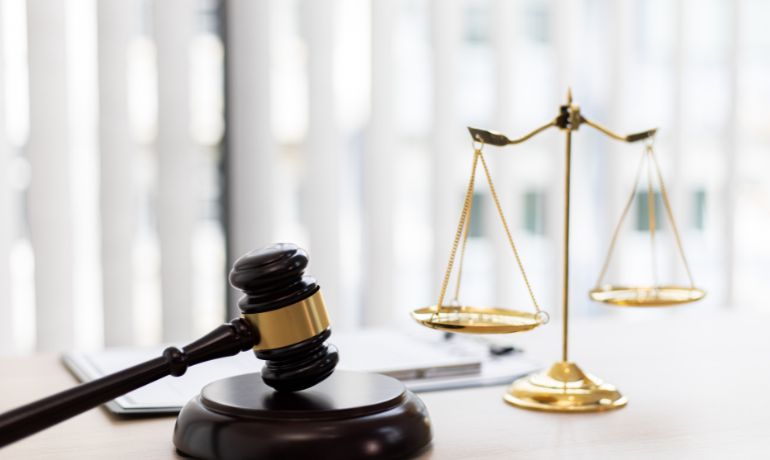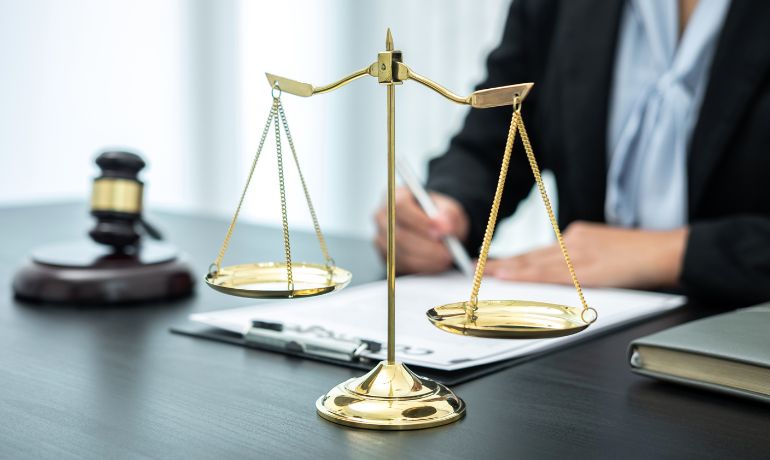![Secretary of State for Business and Trade v Mercer [2024]](https://www.gqlittler.com/_files/article/1917/496-april-newsletter-283-29.jpg) NEWS
NEWSNow the dust has settled after the general election, all kinds of fascinating stories are coming out about each of the parties’ campaigns. The Guardian covered some of the in fighting within the Liberal Democrats and Nick Clegg actually considering standing down a year before the election itself. The Telegraph has reported on the fascinating behind the scenes stories at Tory headquarters and how Lynton Crosby managed to snatch a blinding victory from the arms of coalition.
What these stories tend to show is that the campaign and the strategy matters and can make the difference between winning and losing. In many respects fighting court or tribunal litigation is similar. The team that is put together, the way the litigation is managed and the decisions which are taken along the way have certain parallels with running an election campaign. Attempts can be made to wrong-foot the opponent. Messaging is key. Taking advantage of the other side’s blind spots or weaknesses to put yourself in the strongest possible position. These are all equally applicable to political campaigns and fighting courtroom battles.
Below we have set out 10 key steps which we believe you need to get right in a political campaign and in any litigation you may be involved in.
- Getting the right tools
In a world of rapidly changing technology, getting the right tools means that you will be armed with more accurate information. Knowledge is power in both politics and litigation and the more information you have and the better it is collected, controlled, maintained and updated will give you an advantage. - Hiring the right staff
Putting the right team together is arguably the most important thing to get right either in an election campaign or a piece of high value litigation. In a litigation context this may mean adapting the personnel to the type of dispute but it also helps to have a range of experience and people who can bring different skills to the table. Choosing the barrister who is ultimately going into combat is also a very important decision to get right. - Putting together an appropriate Campaign Budget
In the same way that in a political campaign you need to marry available resources with the potential importance of the result it is true that in litigation you need to cut your cloth appropriately. Where the stakes are high you need to put together an appropriate budget. Often in litigation preparatory work reaps dividends later on, so you are prepared and not taken by surprise with turns of events. Preparation is not the only thing that wins cases, but a large number of cases which are badly prepared lose. - Analyse the forces
It is important to have as accurate a picture of your current position as is possible. What is on your side? What is on the side of your opponents? This needs to be done accurately and dispassionately. - Start out from where the audience is
In politics and in litigation you need to persuade people you are right. You will do this better if you persuade them first of all that you understand their current thinking, what they believe and where they are. It is critical to understand this before you can determine the right message. - Determining the right strategy and message
in politics and in litigation you are not always dealt the best hand. How this hand (whatever it is) is played is crucial and strategy and message are key to this. Negative things can be made into positives. The fact that I am being upfront with you about this bad thing in our case just tells you how honest I am! - K.I.S.S – Keep it Simple Stupid
Communication is key to both political campaigns and to litigation and the simpler the message the more appealing it is to the judge - The heart – implementation and the ability to adapt to changing circumstances
A week can be a long time in politics and the same is true in a piece of litigation. Things were going so well and then suddenly an email turns up which threatens the fabric of your case. This is particularly true if you are defending a claim. A claimant arguably needs to get lucky only once. A defendant has to be lucky all the time! The ability to adapt to rapidly changing circumstances is crucial. - A little empathy does not go amiss
Empathy is not a word that people necessarily associate with either politics or litigation but is essential to both. Politicians find it hard to succeed if they are perceived as “out of touch” or they “don’t get” ordinary people. The ability to put yourself in the other side’s shoes is essential in litigation in order to understand how your opponent will react and in determining strengths and weaknesses. This is just as important if the case is likely to fight as if it is likely to settle as empathy helps you predict what the other side is likely to do. - Construct a critical path
Actually mapping out a route to victory is great for focusing the mind and forces planning and preparation. Victory in litigation does not just happen (and it’s not a case of justice will win out in the end). Conversely, it is perfectly possible to plan a route to victory in circumstances which do not look especially auspicious. Which is possibly what happened in the most recent general election.










